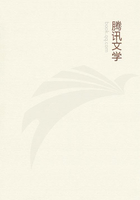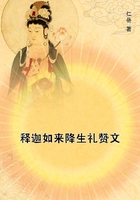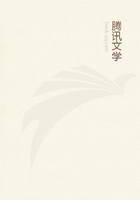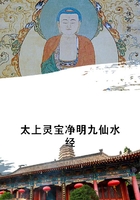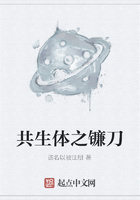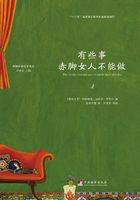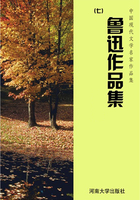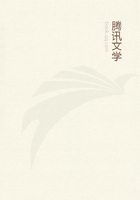In action and in passivity alike it is possible to partake of justice incidentally, and similarly (it is plain) of injustice; for to do what is unjust is not the same as to act unjustly, nor to suffer what is unjust as to be treated unjustly, and similarly in the case of acting justly and being justly treated; for it is impossible to be unjustly treated if the other does not act unjustly, or justly treated unless he acts justly. Now if to act unjustly is simply to harm some one voluntarily, and 'voluntarily' means 'knowing the person acted on, the instrument, and the manner of one's acting', and the incontinent man voluntarily harms himself, not only will he voluntarily be unjustly treated but it will be possible to treat oneself unjustly.
(This also is one of the questions in doubt, whether a man can treat himself unjustly.) Again, a man may voluntarily, owing to incontinence, be harmed by another who acts voluntarily, so that it would be possible to be voluntarily treated unjustly. Or is our definition incorrect; must we to 'harming another, with knowledge both of the person acted on, of the instrument, and of the manner' add 'contrary to the wish of the person acted on'? Then a man may be voluntarily harmed and voluntarily suffer what is unjust, but no one is voluntarily treated unjustly; for no one wishes to be unjustly treated, not even the incontinent man. He acts contrary to his wish;for no one wishes for what he does not think to be good, but the incontinent man does do things that he does not think he ought to do. Again, one who gives what is his own, as Homer says Glaucus gave DiomedeArmour of gold for brazen, the price of a hundred beeves for nine,is not unjustly treated; for though to give is in his power, to be unjustly treated is not, but there must be some one to treat him unjustly. It is plain, then, that being unjustly treated is not voluntary.
Of the questions we intended to discuss two still remain for discussion; (3) whether it is the man who has assigned to another more than his share that acts unjustly, or he who has the excessive share, and (4) whether it is possible to treat oneself unjustly. The questions are connected; for if the former alternative is possible and the distributor acts unjustly and not the man who has the excessive share, then if a man assigns more to another than to himself, knowingly and voluntarily, he treats himself unjustly; which is what modest people seem to do, since the virtuous man tends to take less than his share. Or does this statement too need qualification? For (a)he perhaps gets more than his share of some other good, e.g. of honour or of intrinsic nobility. (b) The question is solved by applying the distinction we applied to unjust action; for he suffers nothing contrary to his own wish, so that he is not unjustly treated as far as this goes, but at most only suffers harm.
It is plain too that the distributor acts unjustly, but not always the man who has the excessive share; for it is not he to whom what is unjust appertains that acts unjustly, but he to whom it appertains to do the unjust act voluntarily, i.e. the person in whom lies the origin of the action, and this lies in the distributor, not in the receiver. Again, since the word 'do' is ambiguous, and there is a sense in which lifeless things, or a hand, or a servant who obeys an order, may be said to slay, he who gets an excessive share does not act unjustly, though he 'does' what is unjust.
Again, if the distributor gave his judgement in ignorance, he does not act unjustly in respect of legal justice, and his judgement is not unjust in this sense, but in a sense it is unjust (for legal justice and primordial justice are different); but if with knowledge he judged unjustly, he is himself aiming at an excessive share either of gratitude or of revenge. As much, then, as if he were to share in the plunder, the man who has judged unjustly for these reasons has got too much; the fact that what he gets is different from what he distributes makes no difference, for even if he awards land with a view to sharing in the plunder he gets not land but money.
Men think that acting unjustly is in their power, and therefore that being just is easy. But it is not; to lie with one's neighbour's wife, to wound another, to deliver a bribe, is easy and in our power, but to do these things as a result of a certain state of character is neither easy nor in our power. Similarly to know what is just and what is unjust requires, men think, no great wisdom, because it is not hard to understand the matters dealt with by the laws (though these are not the things that are just, except incidentally); but how actions must be done and distributions effected in order to be just, to know this is a greater achievement than knowing what is good for the health;though even there, while it is easy to know that honey, wine, hellebore, cautery, and the use of the knife are so, to know how, to whom, and when these should be applied with a view to producing health, is no less an achievement than that of being a physician.
Again, for this very reason men think that acting unjustly is characteristic of the just man no less than of the unjust, because he would be not less but even more capable of doing each of these unjust acts; for he could lie with a woman or wound a neighbour; and the brave man could throw away his shield and turn to flight in this direction or in that. But to play the coward or to act unjustly consists not in doing these things, except incidentally, but in doing them as the result of a certain state of character, just as to practise medicine and healing consists not in applying or not applying the knife, in using or not using medicines, but in doing so in a certain way.

